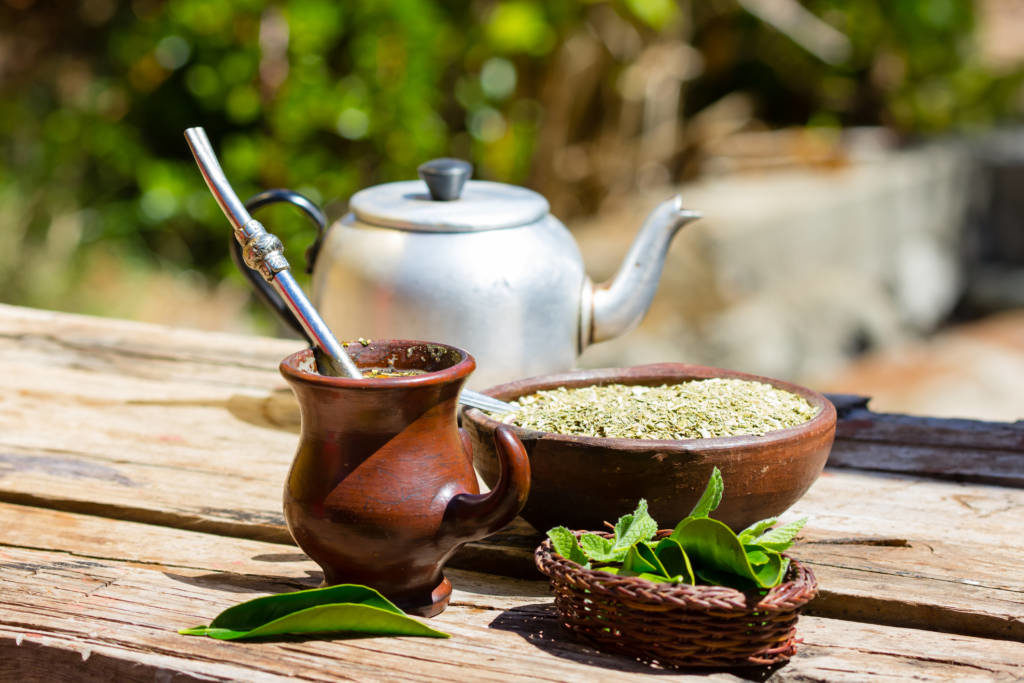In the study, rats were fed a diet that contained 40% fat, 45% carbohydrates and 15% protein. They also ingested caffeine from various sources that was equivalent to a human who drinks four cups of coffee daily. The finding: Rats given caffeine extracted from yerba mate tea gained 16% less weight and accumulated 22% less body fat than rats given decaffeinated mate tea. Similar effects were seen with caffeine extracted from coffee and with synthetic caffeine.
The report notes that the study, which was published in the Journal of Functional Foods, "adds to a growing body of research that suggests mate tea may help fight obesity in addition to providing other beneficial health effects associated with the phenolic compounds, vitamins and flavonoids it contains."
"Considering the findings, mate tea and caffeine can be considered anti-obesity agents," Elvira Gonzalez de Mejia, a co-author of the study and director of the division of nutritional sciences at the University of Illinois, said in a press release. "The results of this research could be scaled to humans to understand the roles of mate tea and caffeine as potential strategies to prevent overweight and obesity, as well as the subsequent metabolic disorders associated with these conditions."
Related: Coffee May Help Weight Loss—By Stimulating Brown Fat Study: Some Matcha Shows Stress-Relieving Properties Coffee Intake Associated with Lower Risk of Symptomatic Gallstones
More details on the research can be found here.










